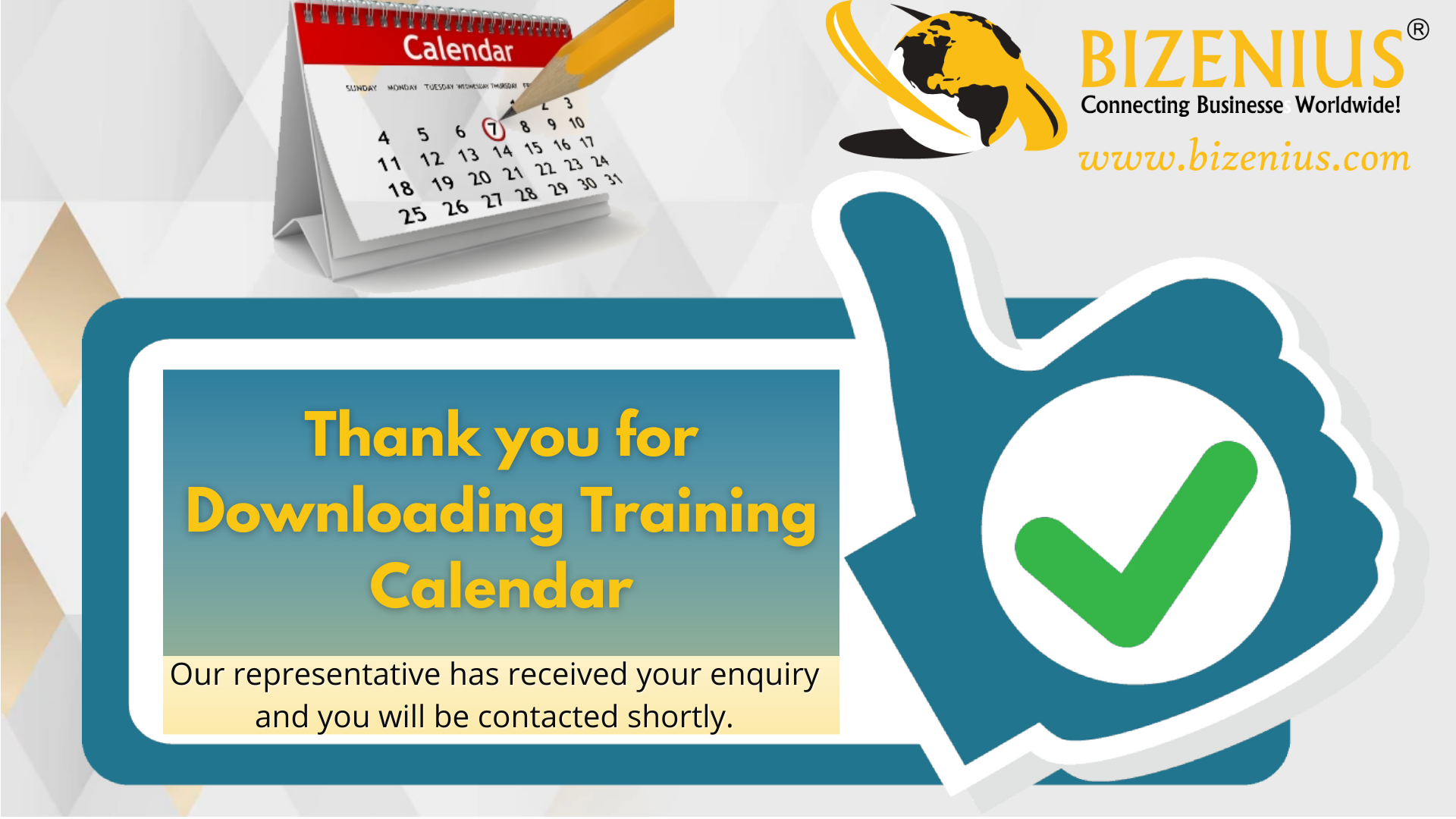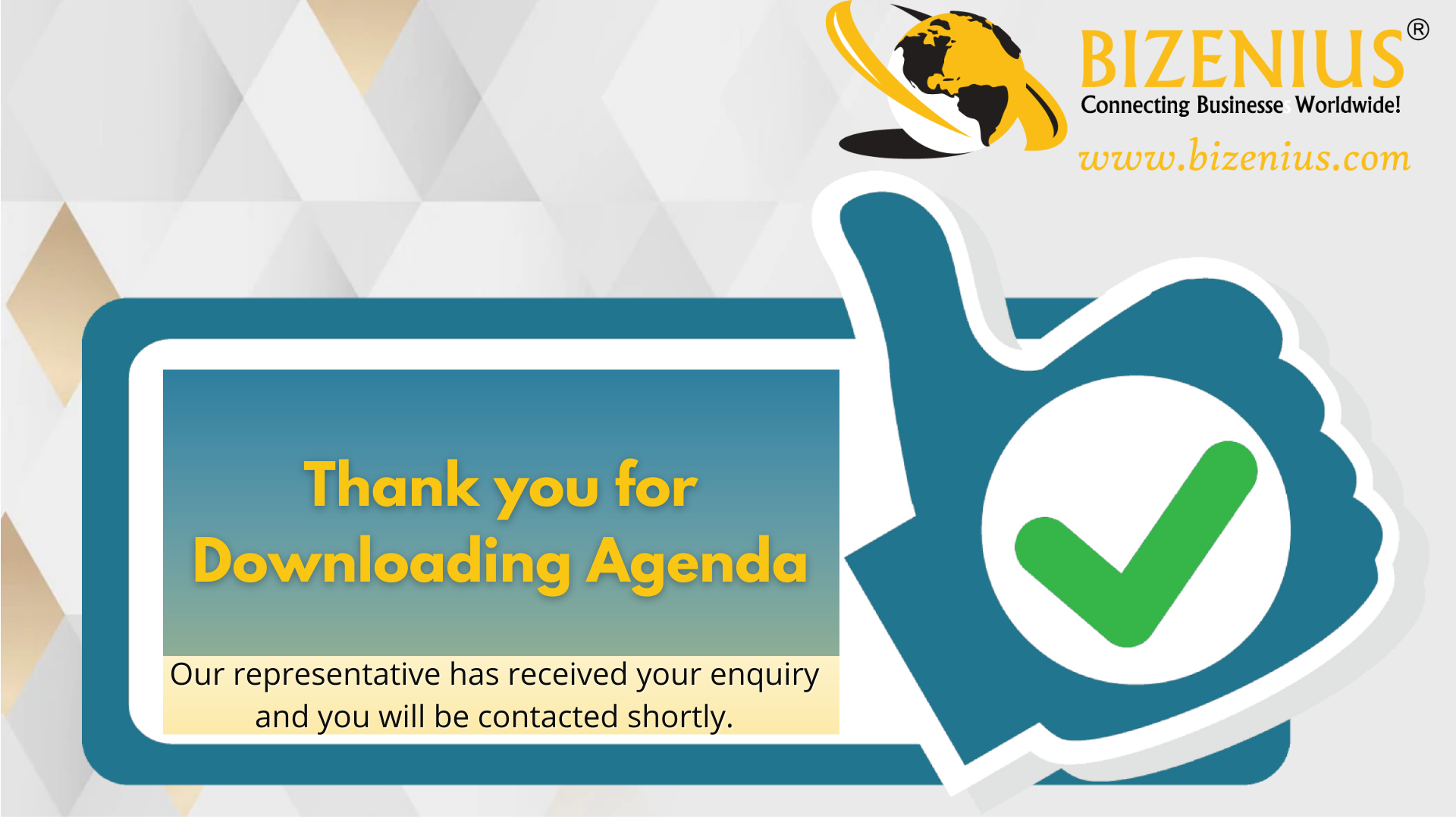OVERVIEW
IFRS 9 is effective from 1 January 2018 and replaces IAS 39 Financial Instruments: Recognition and Measurement. It introduces a logical, more principles-based approach to classification and measurement of financial assets based on the business model and nature of cash flows. The new forward looking impairment model requires earlier and more timely recognition, and ongoing assessment of credit losses. The hedge accounting requirements are more principles-based and aligned to common risk management practices.
This course provides a brief overview of IAS 39, and covers an in-depth analysis of principles in IFRS 9. The course has numerous examples and illustrations to explain the business model and cash flow characteristics test for classification of financial assets, amortised cost and fair value measurement of financial assets and financial liabilities, de-recognition of financial assets (retained servicing, continuing involvement etc.), measurement of expected credit losses and the accounting and impact of different types of hedges on financial statements.
WHAT YOU WILL LEARN
- Introduction
- Classification of financial assets and financial liabilities
- Measurement of financial assets and financial liabilities
- Amortised cost assets
- De-recognition principles
- Impairment of financial assets
- Hedge accounting
- IFRS 9 transition requirements for classification of financial assets and financial liabilities, expected credit loss impairment and hedge accounting
- IFRS 7 Financial Instruments Disclosures
“The IFRS 9 Course was an excellent course. The content was very relevant, up to date and focused. The instructor delivered the training with excellence, his knowledge made the training interactive and engaging.”
“The instructor was an excellent instructor. He was extremely knowledgeable and the depth of his experience was evident in the varied examples and case studies”
“I have a very basic knowledge of IFRS. So some of the items were very useful for me. The examples (with actual figures) made it understandable. I would recommend this training to all the financial reporting person in banks”





















































